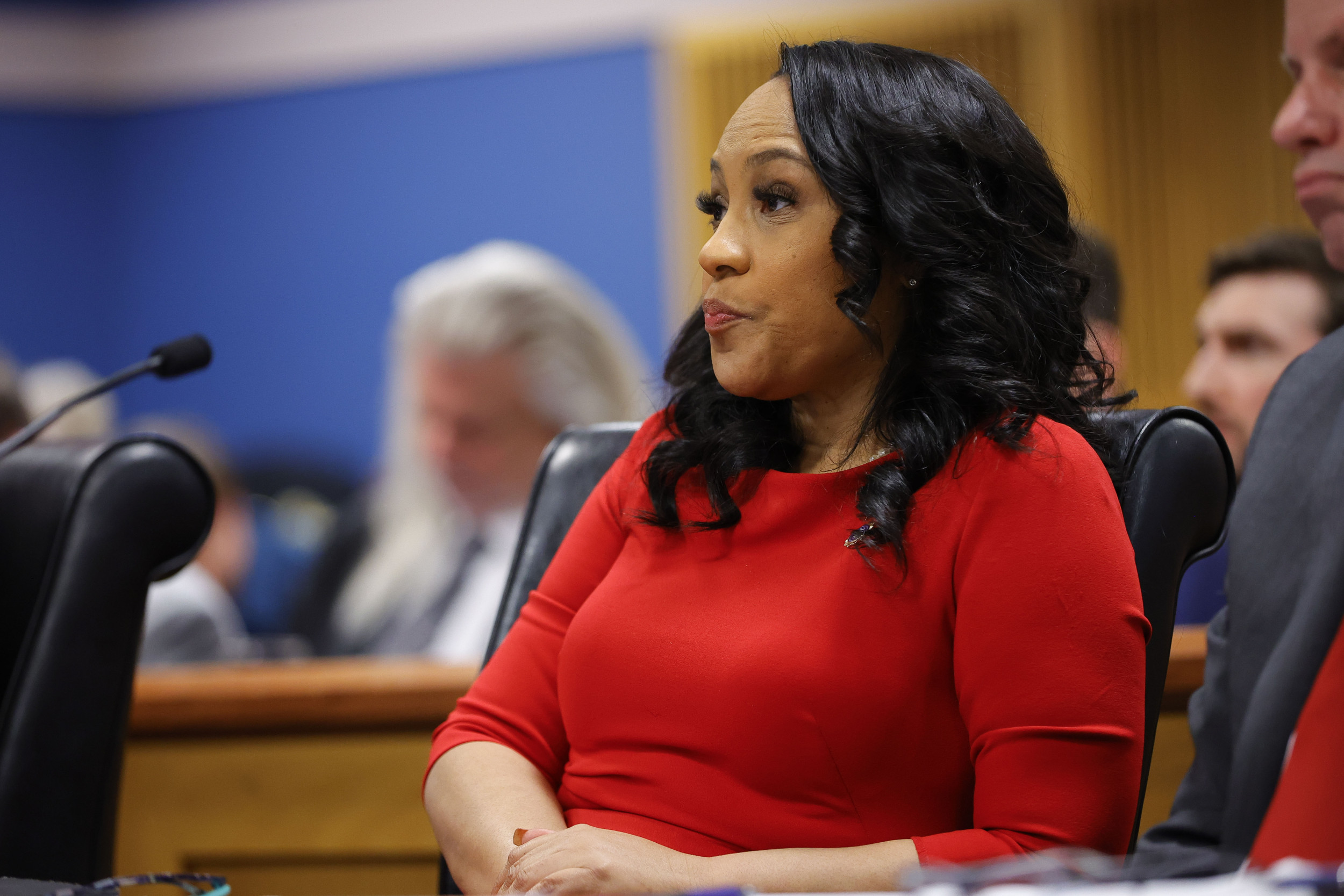During his long life, Winston Churchill suffered several indignities. He was dismissed from his position as the head of the Royal Navy in 1915 because of the disastrous defeat Anglo-French forces endured at Gallipoli during World War I. His decision as the chancellor of the exchequer to return Britain to the gold standard in 1925 was a financial catastrophe. During the 1930s, his party denied him a leadership position. His greatest ignominy was being ousted as prime minister in a July 1945 election after Britain's triumph in World War II.
None of these embarrassments compare, however, with the current assault on Churchill's reputation. The former prime minister's statue in London's Parliament Square has been boxed up, and his bust has been removed from the Oval Office.
A recent academic conference held, ironically, at Churchill College at Cambridge University illustrates the extent of the attack. At the conference, scholars sought to smash Churchill's exalted status to smithereens. Participants denounced Churchill as a racist murderer and decried him as "the perfect embodiment of white supremacy." One insisted that the conference sought to counterbalance the "heavily skewed national story that has preferred untrammeled glorification to a balanced assessment" of Britain and Churchill's role in history. Another argued that the British Empire was "far worse than the Nazis" and belittled Churchill's contribution to Britain's success during World War II: "Was it Churchill out there fighting the war?" he asked. "I'm pretty sure he was at home."
Churchill still has his defenders, led by Andrew Roberts, author of Churchill: Walking with Destiny. Roberts asserts that Churchill repeatedly fought to defend "the rights of non-whites within the British Empire." Moreover, Churchill was "instrumental in destroying the worst racist in history, Adolf Hitler."
The famed statesman's detractors appear to think Churchill was born with a silver spoon in his mouth and left the fighting to others. His father, Lord Randolph Churchill, was a member of Parliament, but he endured many financial and personal struggles. He and his American wife, Jennie Jerome Churchill, were distant, aloof and preoccupied with their own lives. They largely neglected Winston during his childhood.

Churchill contracted pneumonia as a child, almost drowned as a teenager, and at age 18 spent three days in a coma after falling 30 feet from a bridge. He fought in numerous battles with the British cavalry, narrowly avoiding death several times and escaped from a prison in South Africa during the Boer War. While serving in the trenches in France during World War I, Churchill was nearly blown up by an artillery shell.
Instead of retreating to air raid shelters, Churchill often watched the German bombing of London from rooftops. And during World War II, he flew about 112,000 miles and inspected British troops at the fronts, sometimes venturing so close to enemy lines that Churchill's generals feared for his life. He made numerous trips to France and six to the United States and traveled to Morocco, Iran, Moscow and Yalta.
Churchill was powerfully influenced by the imperialist, racist, sexist ethos of his age. In defending "Christian civilization" and the benefits of the British Empire, he often affirmed values that clashed with Christianity's emphasis on service, sacrifice and racial and gender equality. He resisted giving self-government to British "possessions."
Nevertheless, throughout his life, Churchill took many unpopular stands including supporting free trade, high taxes on the affluent and pensions for elderly. And he pointed out the Nazi threat in the 1930s when most British leaders ignored it.
His greatest contribution was comforting, inspiring and empowering the British people to resist the Nazis during 1940-1941 when Britain stood virtually alone and invasion seemed imminent. Theologian Reinhold Niebuhr praised Churchill's wisdom, statesmanship and courageous leadership of Britain during "the world's darkest hour." Journalist Charles Krauthammer correctly claimed that Time magazine should have chosen Churchill rather than Albert Einstein as its person of the 20th century. Only Churchill possessed the "absolutely required criterion: indispensability."
A 2002 BBC poll named Churchill the greatest Briton of all time over William Shakespeare and Charles Darwin. Would a new poll in this woke age produce the same result? We should acknowledge the shortcomings and misguided policies of all leaders, but remembering their social and political contexts, we should provide a balanced assessment of their actions.
Gary Scott Smith earned his Ph.D. in American History at Johns Hopkins University and is the author of "Duty and Destiny: The Life and Faith of Winston Churchill" (2021).
The views expressed in this article are the writer's own.
Uncommon Knowledge
Newsweek is committed to challenging conventional wisdom and finding connections in the search for common ground.
Newsweek is committed to challenging conventional wisdom and finding connections in the search for common ground.
About the writer
To read how Newsweek uses AI as a newsroom tool, Click here.





